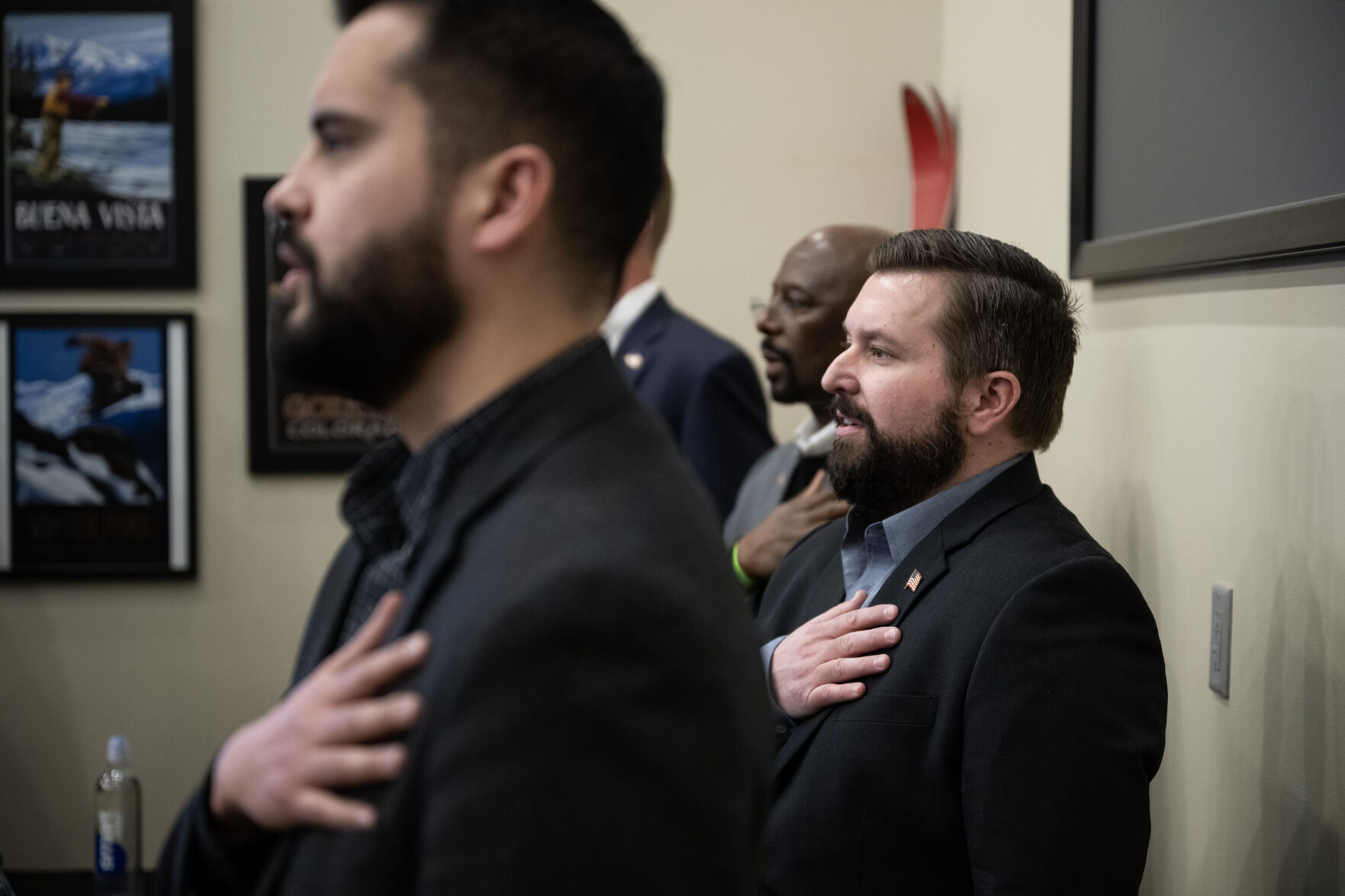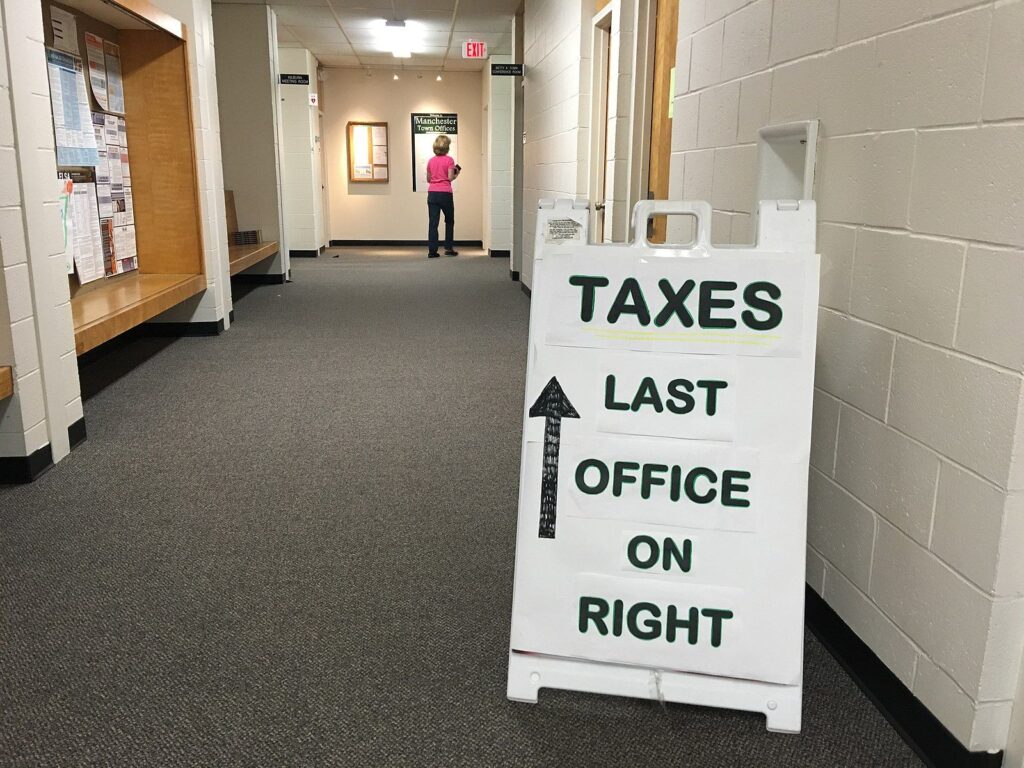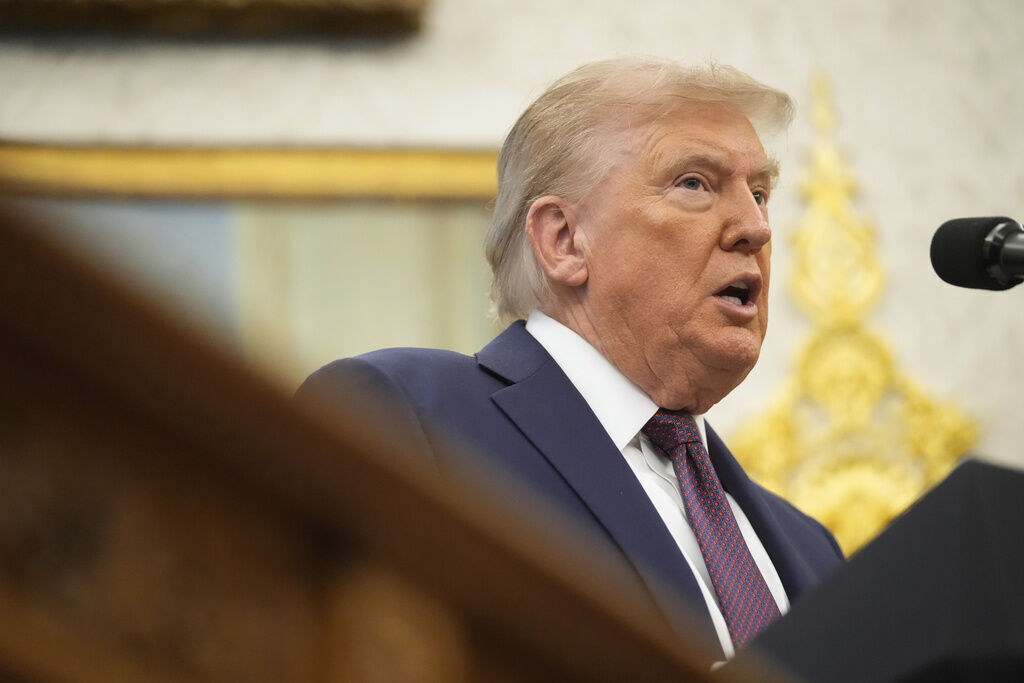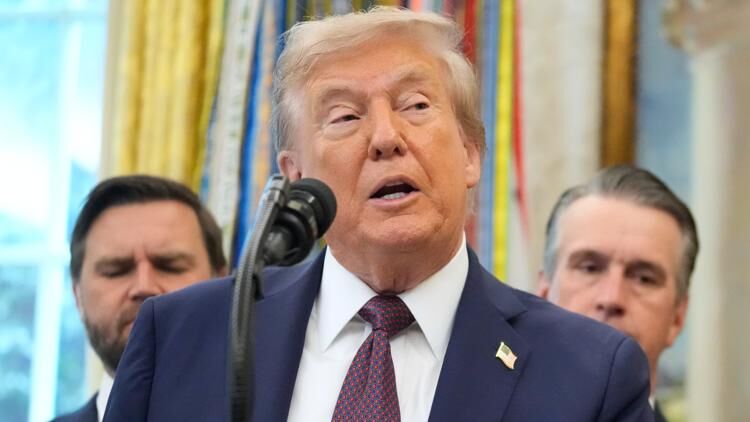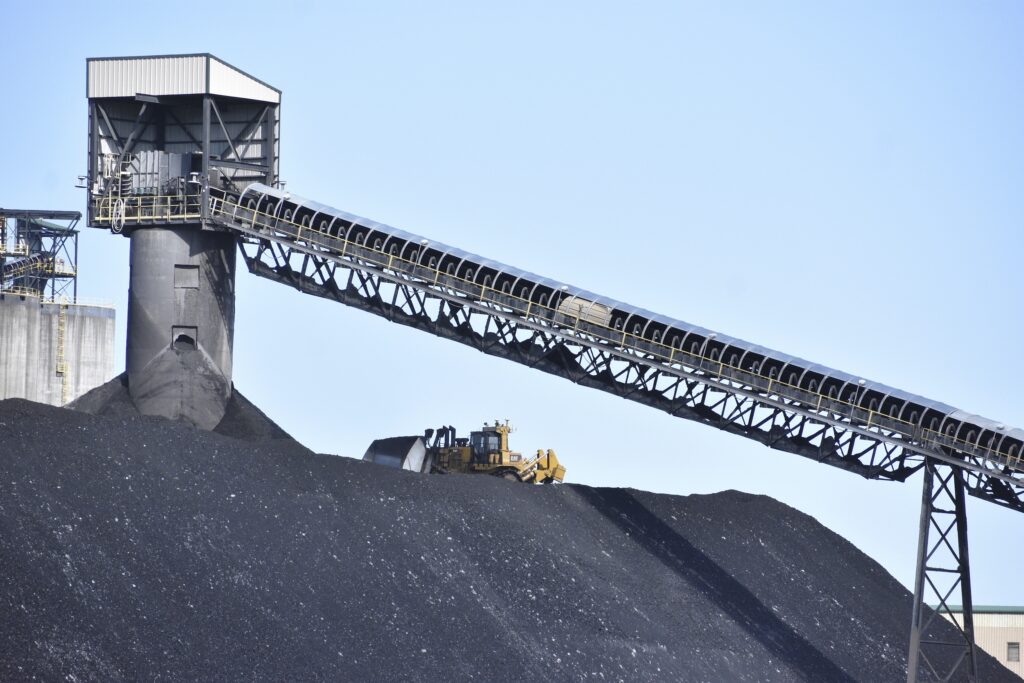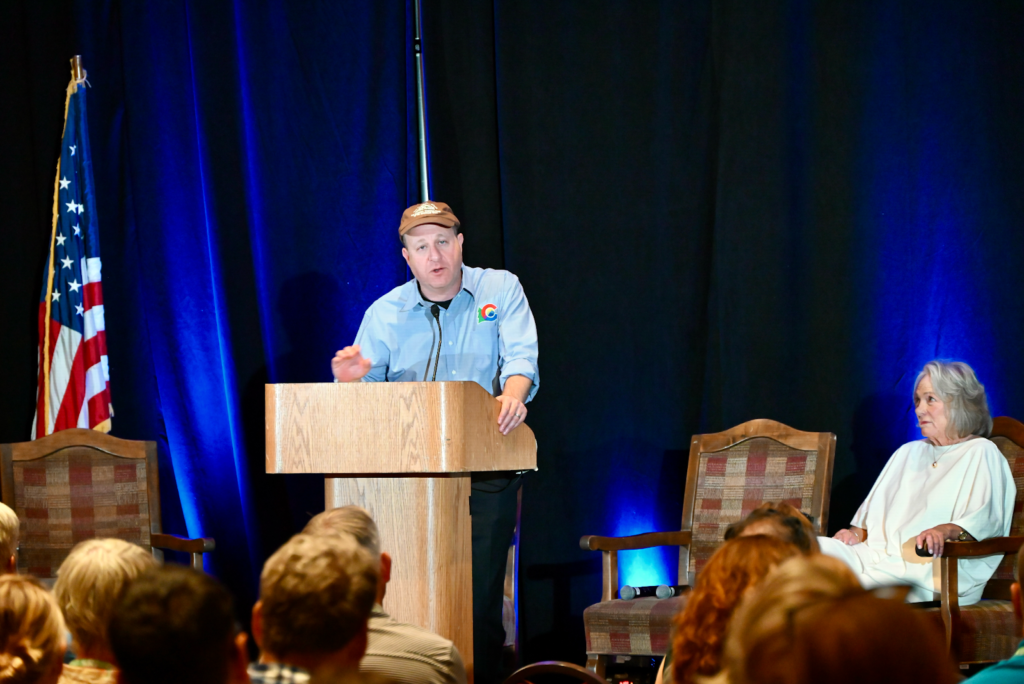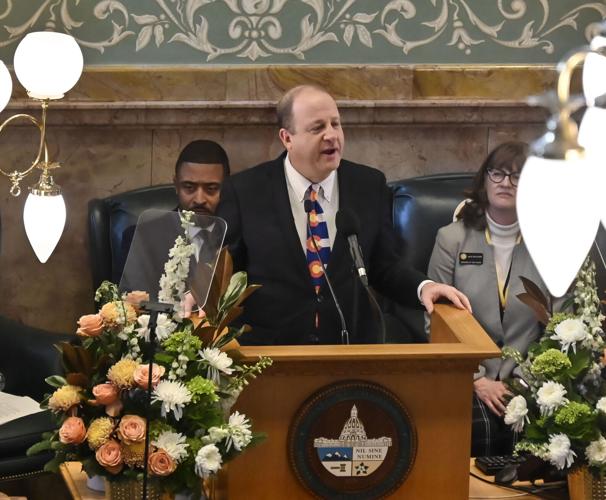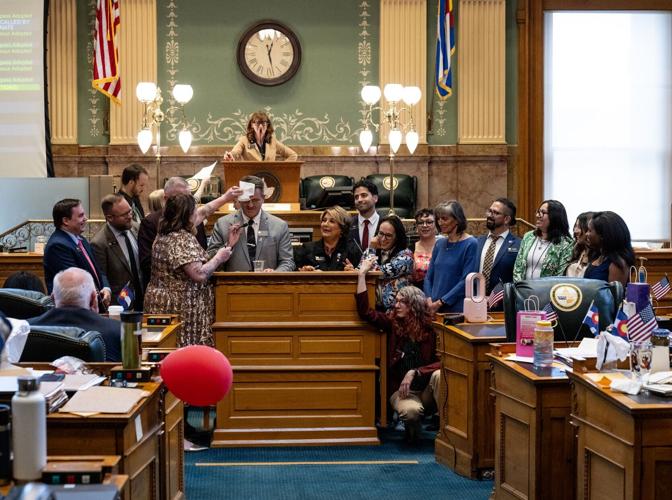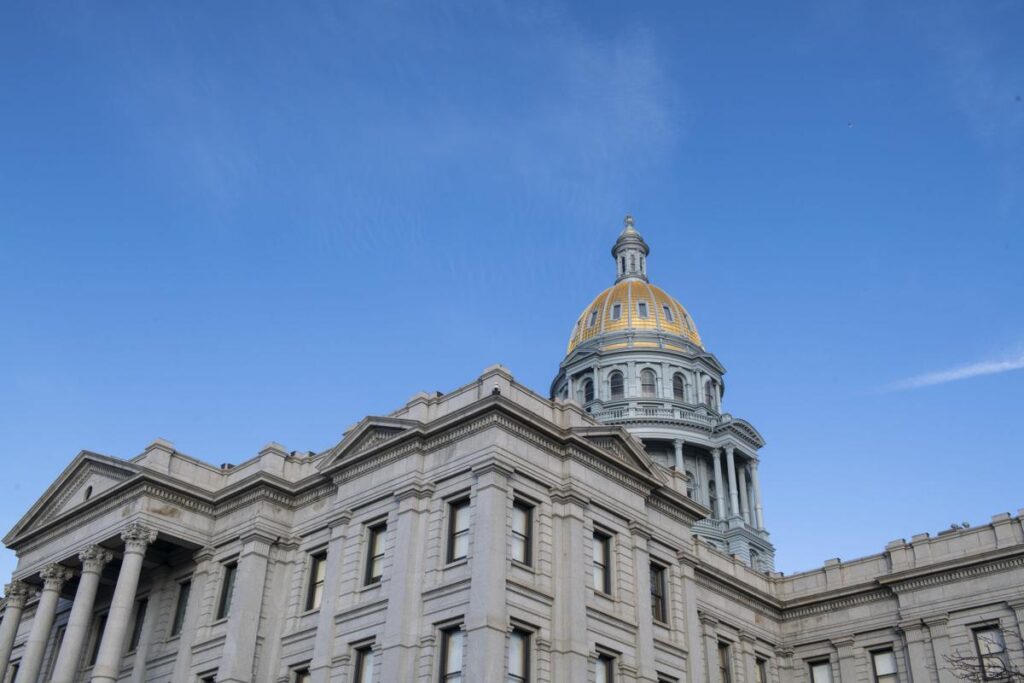State GOP wants to count absences as ‘yes’ votes, Colorado’s federal public defender sounds alarm | WHAT YOU NEED TO KNOW
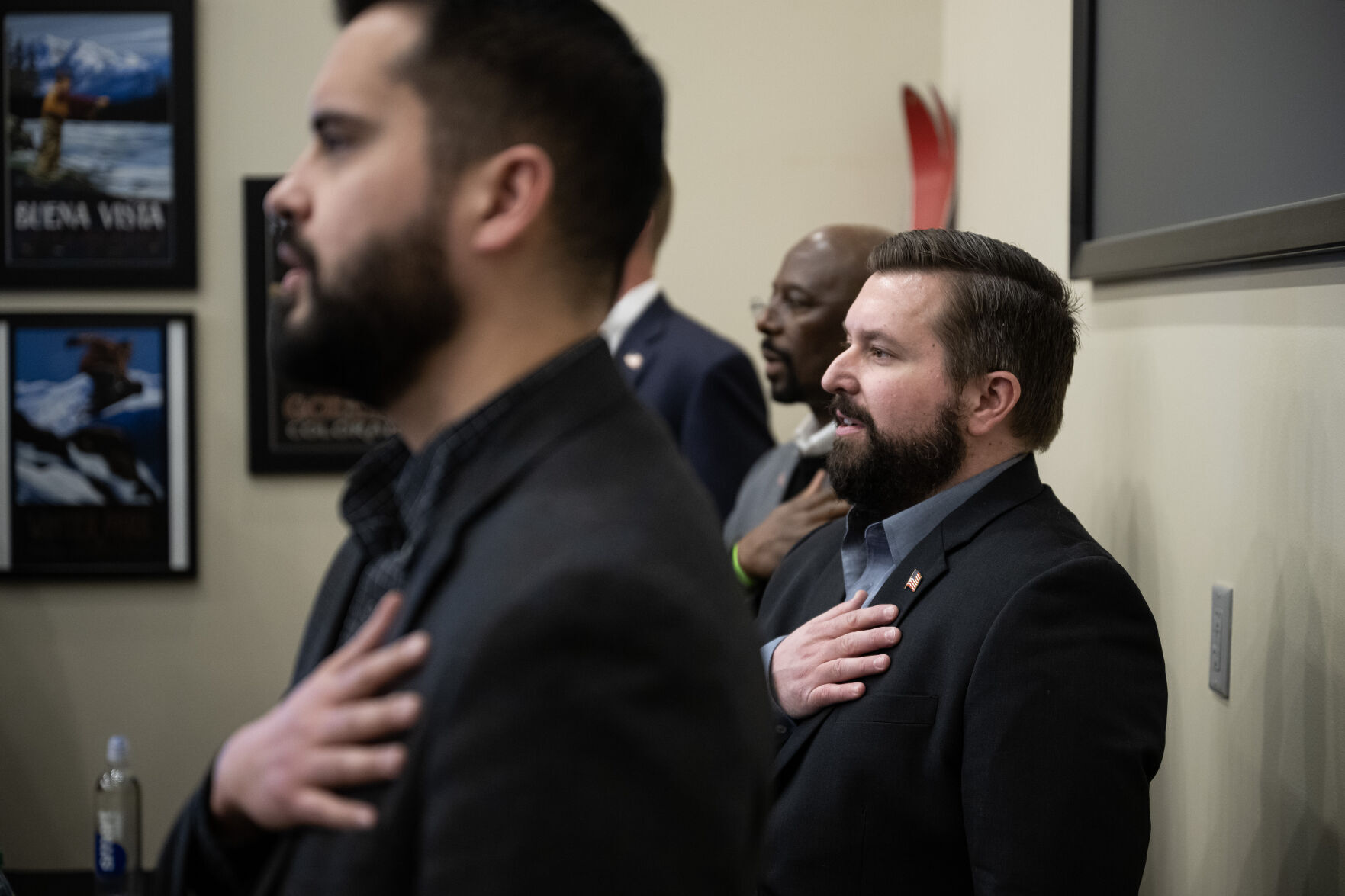
Today is July 21, 2023, and here’s what you need to know:
Colorado Republicans are at odds over the latest proposals to close the party’s primaries to unaffiliated voters, with advocates on both sides of the debate charging that their fellow partisans are threatening the GOP’s viability in an increasingly Democratic-leaning state.
The long-simmering dispute erupted this week when one of the state’s largest county Republican parties adopted a resolution opposing a proposed amendment to state GOP bylaws that would make it easier for the party to withdraw from Colorado’s semi-open primary system.
Set to be decided at an Aug. 5 meeting of the state GOP’s central committee, the amendment would lower the threshold to pass certain questions by counting absent and non-voting members as “yes” votes.
The proposal “is not only morally and ethically wrong, but it may also be a violation of both state and federal constitutions as well as Colorado state statutes,” the Weld County Republican Party said in a resolution approved by its executive committee on Tuesday.
The U.S. Senate and House of Representatives have advanced spending bills that would cut millions of dollars from the budget of Defender Services, which represents poor defendants accused of federal offenses.
Earlier this week, Reuters and NPR reported that the $1.5 billion budget the federal public defenders have requested has been slashed in a pair of recent appropriations bills. The Republican-controlled House has recommended $1.41 billion, while the Democratic-controlled Senate has countered with $1.38 billion.
The reduction appears to stem from a pandemic-era savings of $110 million the public defenders applied to their current budget, which permitted Congress to allocate a lesser amount of new money. However, congressional proposals for the upcoming fiscal year would adhere to the lower amount, raising the possibility of cuts, furloughs and delays for public defenders and the clients they represent.
No members of Colorado’s congressional delegation sit on the appropriations committees. Colorado Politics sent questions about the cuts to some congressional offices, but did not receive a response.
Virginia L. Grady, who heads the federal public defender’s office for Colorado and Wyoming, spoke to Colorado Politics about the effect that Congress’ spending cuts, if enacted, would have on the administration of justice and the provision of criminal defense.
Next year’s presidential election is poised to move from the political pages to the nation’s living rooms next month as the contest for the Republican nomination reaches that modern milestone of the race’s first full-fledged debate.
Up to this point, there’s been plenty of jockeying for position by more than a dozen candidates, with President Joe Biden and former President Donald Trump sucking up most of the oxygen.
But amid all the campaigning, from fundraising and endorsements to candidate appearances and some advertising in early primary states, there’s something about aspiring Oval Office occupants facing off on stage under the glare of national attention, testing their mettle against each other, that signals the next phase of the seemingly never-ending campaign has begun.
During the nearly 50 years since nationally televised debates first became a fixture in the race for the White House, Colorado has been home to one of each variety, serving as the host location for a Democratic primary debate, a Republican primary debate and the pinnacle of the species, a presidential debate between the two major parties’ nominees.
Dozens of transportation projects throughout Colorado are set to receive more than $42 million in grants, Gov. Jared Polis announced Thursday.
Federal funds will support projects in 37 communities across the state, beginning next year through 2026. Projects that were awarded the grants ranged from replacing aging highway infrastructure to constructing bike paths to adding lighting and trees around sidewalks.
“Investing in roads and transportation saves people time and money, helps communities, our economy and cuts pollution,” Polis said. “I look forward to the future of these 37 important projects that will create jobs and benefit Colorado communities.”
The money is from the federal Bipartisan Infrastructure Law, a $1 trillion policy package passed in 2021 to rebuild transportation infrastructure, among other goals.
Colorado’s own state Sen. Janet Buckner traveled to Washington D.C. on Wednesday to promote state policies on preschool.
Buckner joined more than 90 legislators from 41 states at the White House to discuss how politicians are working to improve the supply and accessibility of child care throughout the country, and improve job quality for child care workers.
Buckner, D-Aurora, participated in a panel with Kansas and Delaware legislators. During the panel, she spoke about Colorado’s Universal Preschool Program.
“It is an honor to share the solutions we’ve been working on in Colorado,” Buckner said. “Access to quality early childhood education not only supports critical early development and future educational outcomes for Colorado kids, but also the very well-being of families and communities across our state.”
